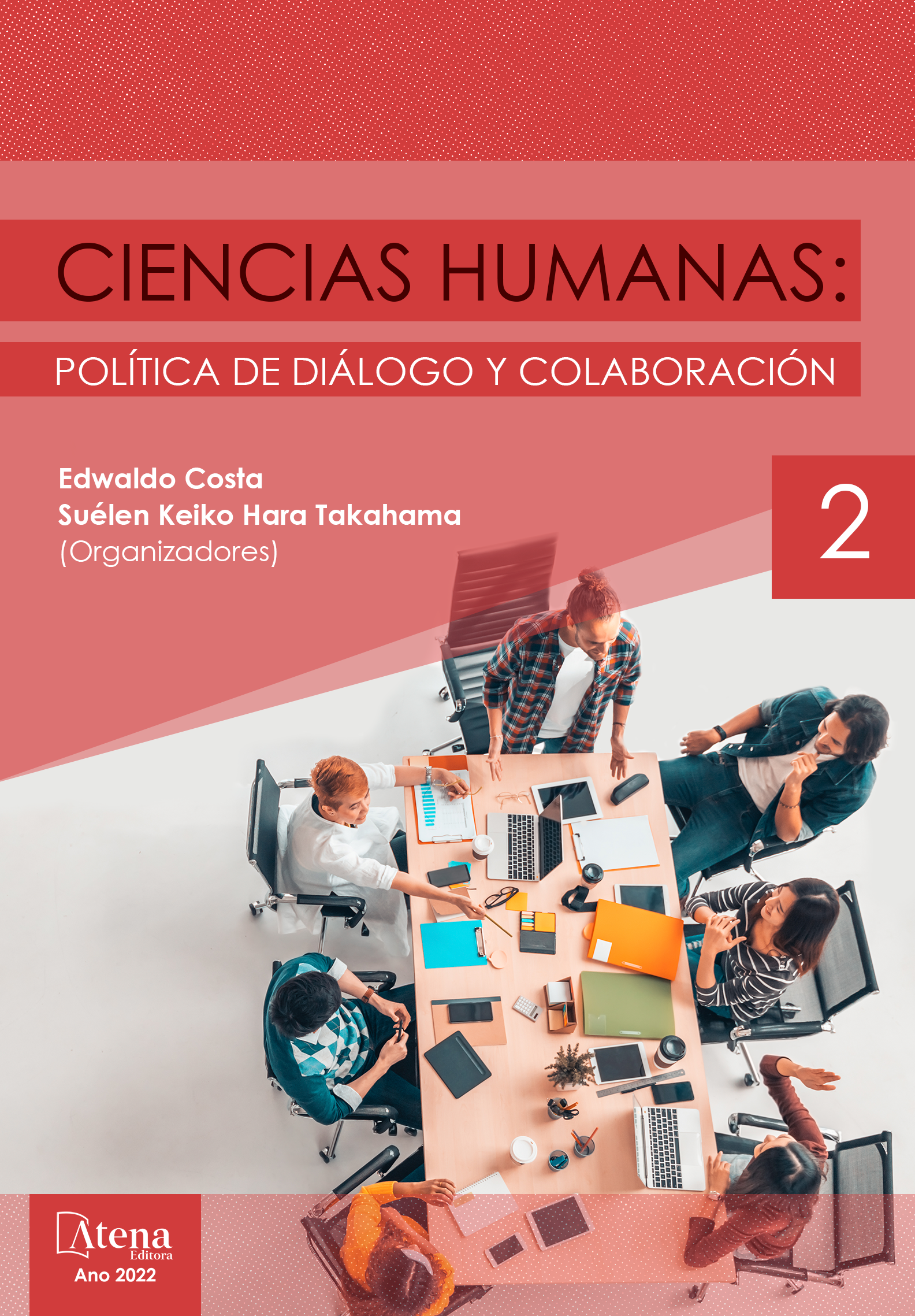
BLENDED LEARNING NA EDUCAÇÃO BÁSICA E SUPERIOR: PROCESSO E ESTRATÉGIAS DE ADOÇÃO INSTITUCIONAL
O objetivo da investigação é avaliar as condições sistemáticas e multifacetadas de adoção institucional do blended learning (BL), contribuindo para a compreensão teórica e sistematização da integração de tecnologias nos processos de aprendizagem, para produzir avanços na prática pedagógica na educação básica e superior. A Teoria da Atividade constitui um adequado referencial teórico interdisciplinar, a partir da qual situamos os elementos sociais, pedagógicos, tecnológicos e institucionais na adoção do BL. A metodologia adotada é a investigação baseada no design, a qual permite analisar as dimensões que afetam a adoção de BL, desenhar e validar estratégias institucionais e sistematizar a construção do conhecimento de estratégias de adoção por meio qualitativo e quantitativo. Apresentam-se os resultados da revisão sistemática de literatura sobre o BL ou ensino híbrido ou educação híbrida em educação básica e superior. Para examinar as perspectivas sobre o BL, no período de 2015 a 2022, foram consultadas as bases EBSCO, ERIC, SciELO Brasil, SciELO, SCOPUS e WOS. O escopo dos 119 artigos selecionados abrange mais de três mil trabalhos dos últimos 29 anos. As principais temáticas focam nas metodologias de ensino, na satisfação e engajamento, aprendizagem das perspectivas da eficácia, vantagens e desvantagens e personalização do ensino. Faltam desenvolver mais pesquisas empíricas baseadas em evidências. Os resultados revelam que os tópicos estão focados nos alunos, sua eficácia, métodos e estratégias de ensino, tecnologias e necessidade de formação inicial e continuada de professores. Destaca a utilização de indicadores de inovação e personalização da aprendizagem a partir da implementação do BL. Os próximos passos da investigação estão focados no desenho de estratégias e programas de adoção institucional com base nos resultados das investigações.
BLENDED LEARNING NA EDUCAÇÃO BÁSICA E SUPERIOR: PROCESSO E ESTRATÉGIAS DE ADOÇÃO INSTITUCIONAL
-
DOI: https://doi.org/10.22533/at.ed.4282224055
-
Palavras-chave: aprendizagem híbrida; pesquisa baseada em design; Teoria da Atividade; adoção do ensino híbrido; revisão sistemática da literatura
-
Keywords: blended learning; design-based research; Activity Theory; adoption of blended learning; systematic literature review
-
Abstract:
The objective of the investigation is to evaluate the systematic and multifaceted conditions of institutional adoption of blended learning (BL), contributing to the theoretical understanding and systematization of the integration of technologies in the learning processes, to produce advances in the pedagogical practice in education basic, secondary and higher. Activity Theory constitutes an adequate interdisciplinary theoretical framework, from which we situate the social, pedagogical, technological and institutional elements in the adoption of BL. The methodology adopted is design-based research, which allows analyzing the dimensions that affect the adoption of BL, designing and validating institutional strategies and systematizing the construction of knowledge of adoption strategies through qualitative and quantitative means. The results of the systematic literature review on BL or blended learning or blended education in basic and higher education are presented. To examine the perspectives on the BL, in the period from 2015 to 2022, the databases EBSCO, ERIC, SciELO Brazil, SciELO, SCOPUS and WOS were consulted. The scope of the 119 selected articles covers more than three thousand works from the last 29 years. The main themes focus on teaching methodologies, satisfaction and engagement, learning from the perspectives of effectiveness, advantages and disadvantages and personalization of teaching. More empirical evidence-based research remains to be developed. The results reveal that the topics are focused on students, their effectiveness, teaching methods and strategies, technologies and the need for initial and continuing teacher training. Highlights the use of indicators of innovation and personalization of learning from the implementation of BL. The next steps of the investigation are focused on the design of institutional adoption strategies and programs, based on the results of the investigations.
-
Número de páginas: 14
- Sheila de Oliveira Goulart
- Vanessa dos Santos Nogueira
- Fabiane da Rosa Dominguez
- Elizete de Fátima Veiga da Conceição
- Mara Regina Rosa Radaelli
- Elionai de Moraes Postiglione
- Mario Vásquez Astudillo


